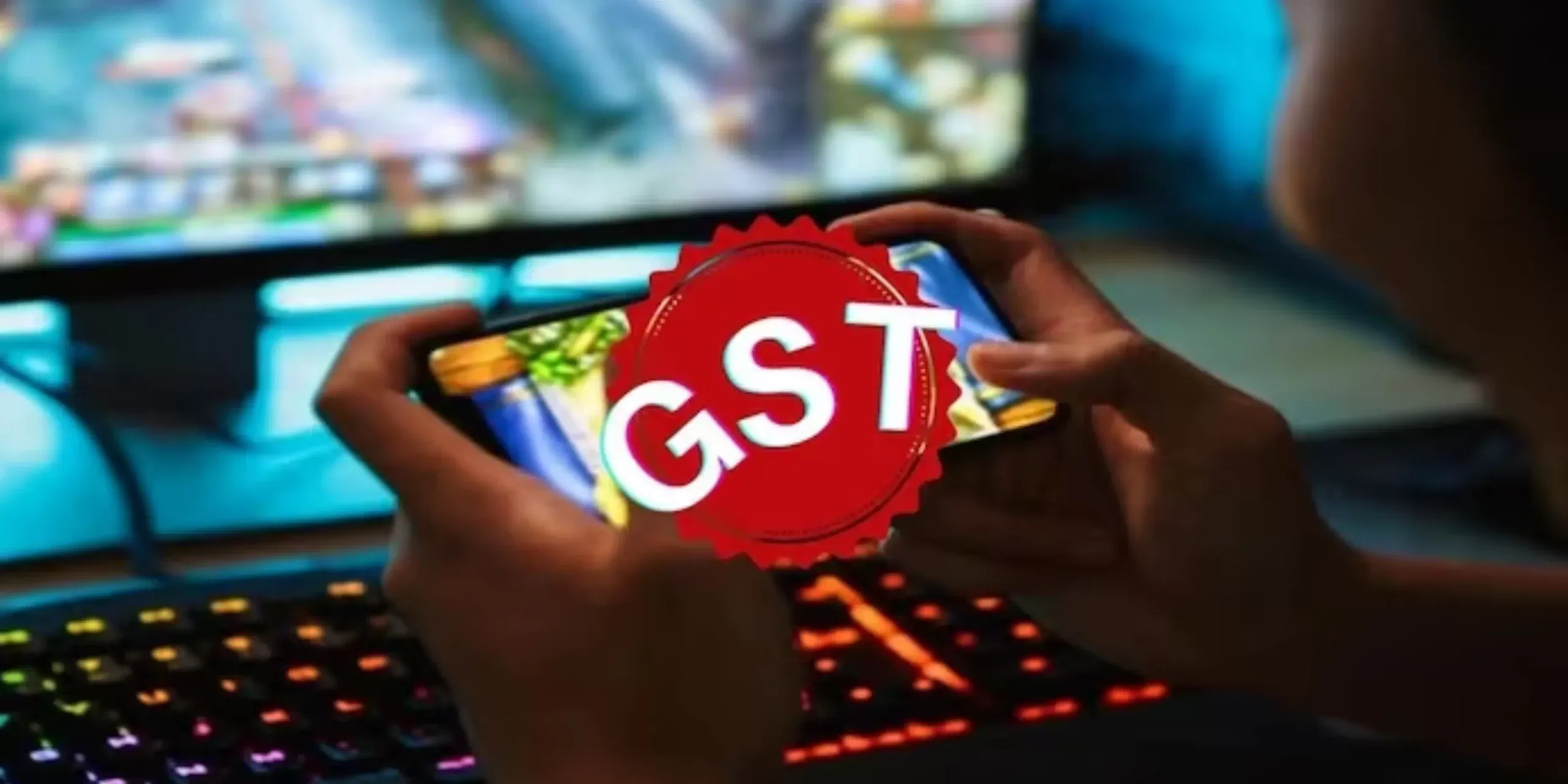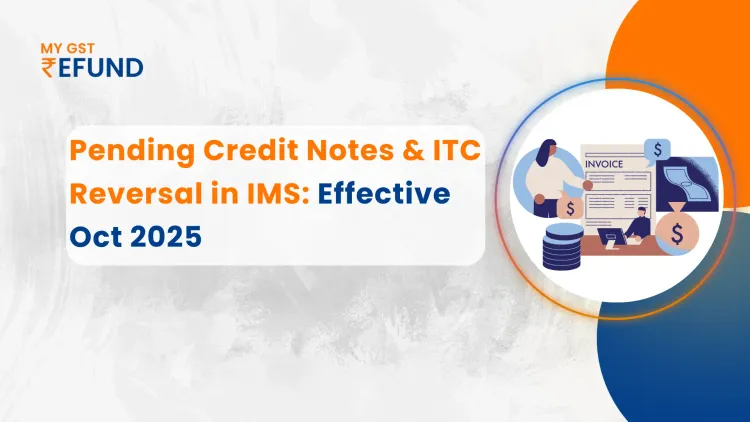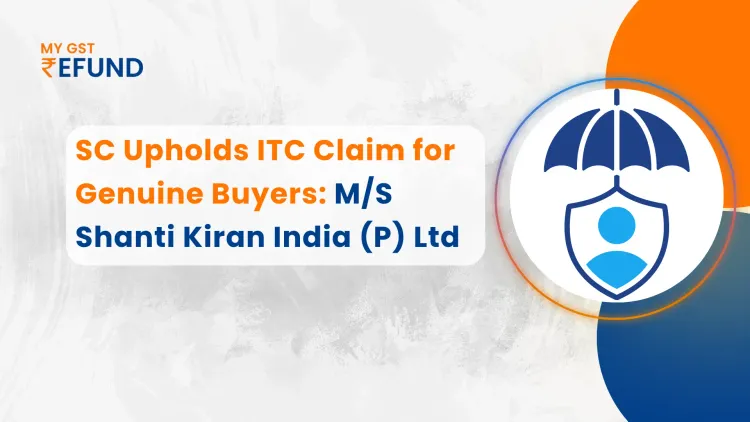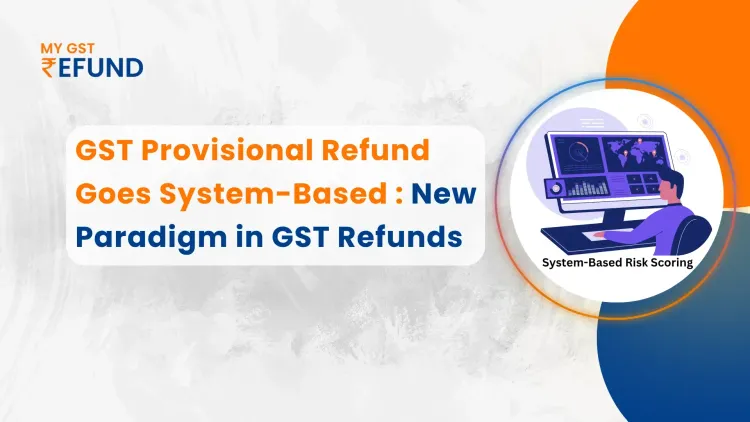GST on Online Games Still a Vexed Issue Despite Changes
Published on: Wed Aug 30 2023
The Goods and Services Tax (GST) Council had been anticipated to address the contentious matter of taxation concerning e-money gaming companies. Following extensive discussions by the group of ministers (GoM) over several months, the Council decided to levy a 28 percent GST on wagers made by participants in e-games. However, the Council also provided some relief to these companies by limiting the tax to entry-level amounts.
Nevertheless, the industry expresses dissatisfaction with this decision, as it is disinclined to pay GST on wagers. The industry is agreeable to paying GST on platform fees, asserting that these fees constitute their earnings from providing these services.
To comprehend this issue fully, consider the example of an online money gaming company with four players engaged in the game.
Let’s assume each player wagers Rs 100. Consequently, the total wagers amount to Rs 400. The company in question receives a platform fee, equivalent to 10 percent of the wager. This translates to Rs 10 from each player, totaling Rs 40 in earnings for the company. Players who win the games can reinvest their winnings in the game.
The industry desires to be subject to GST only on the Rs 40 in earnings. However, the Council decided to apply a 28 percent GST on the Rs 400 in wagers and exempted the prize money reinvested in the games from GST.
Also Read: Supreme Court Issues Notice On Pleas Challenging Arrest & Summoning Powers Of GST Officials
Recently, the government introduced amendments to the Central GST (CGST) Act and the Integrated GST (IGST) Act to provide clarity regarding the taxation of online gaming, casinos, and horse racing.
The modification in the IGST Act pertains to incorporating a provision to impose GST liability on offshore entities offering online money gaming. These entities would be required to register for GST in India.
These amendments also include provisions to block access to online money gaming platforms located overseas in the event of non-compliance with registration and tax payment requirements.
These amendments are scheduled to be effective from October 1 of this year, following similar amendments by state governments to their respective State GST Acts.
Previously, companies like Gameskraft Technology Private Ltd (GTPL) had paid 18 percent GST on platform fees, totaling over Rs 800 crore, for the period between 2017-18 and 2021-22. Other companies, including MyTeam11 and Probo, followed suit. However, these companies received notifications from GST authorities requesting them to pay a 28 percent tax on the nominal value of wagers. For GTPL, this amounted to Rs 21,000 crore for the mentioned period. Similar GST notifications were sent to the other aforementioned companies, according to industry sources.
Also Read: GST reward scheme on anvil; customers can participate in lucky draw
As mentioned earlier, the recent amendments excluded the redeployment of won wagers from the 28 percent tax. If this principle were to be applied to Gameskraft, experts suggest that the tax liability could decrease to Rs 5,000-6,000 crore. This, however, would only be feasible if the new law is retrospectively implemented, resulting in a revised demand for GTPL based on this premise.
However, industry sources have not confirmed this figure. They note that even if the 28 percent tax were applied solely to entry-level wagers, the tax liability on e-gaming companies would surge by more than 400 percent compared to the 18 percent they had paid on platform fees.
An industry source remarked, “Rs 21,000 crore or Rs 5,000-6,000 crore is in thin air. The money that does not come to a platform should not be taxed to the platform. Only the revenue earned should be taxed.”
Earlier, a notice demanding Rs 21,000 crore in GST (plus interest and penalty) from GTPL was overturned by the Karnataka High Court in May this year. The court ruled that games of skill, even if involving money, cannot be taxed in the same manner as gambling.
The government appealed this decision in the Supreme Court while simultaneously enacting a law to impose 28 percent GST on new wagers in online money games, as previously mentioned.
The imposition of Rs 5,000-6,000 crore on GTPL could occur if the law is applied retrospectively, a scenario the industry fears might resemble the Vodafone case.
Government sources contend that the law isn’t retrospective, as the amendments provide clarification. According to these sources, GST has always been applicable to online games at a rate of 28 percent, as they are considered actionable claims.
The high court determined that games of skill are actionable claims but do not involve betting, and hence, are not subject to GST.
A senior official stated, “We are amending the law to clearly say that actionable claims in online money games are liable to GST.”
Industry insiders argue that the GST amendments imposing a 28 percent tax on entry-level wagers are an attempt to counter the Karnataka High Court’s decision. For the first time, the terms “online gaming” and “online money gaming” were introduced into the GST law since the previous effort to tax online gaming as betting and gambling was unsuccessful.
They suggest that even if the government imposes a 28 percent tax on entry-level wagers, it should be applied prospectively, starting from October 1, 2023. However, if the GST authorities implement the law retrospectively, given its absence between 2017-18 and 2021-22, it could severely impact the industry’s viability as companies might lack the funds to comply, warns another industry source.
However, the industry is also against a 28 percent tax on new wagers, even on a prospective basis. Industry sources argue that this 400 percent increase is neither reasonable nor sustainable. They fear that aside from driving smaller players out of business, it could eventually lead to monopolies and limit choices for players and users. They also highlight the negative impact on employment and valuations.
Reportedly, MPL had downsized its workforce by 50 percent within a month of the GST Council’s decision announcement.
“In essence, the law is like an atomic bomb, and applying it retrospectively would be akin to a hydrogen bomb,” one of the industry sources stated.
However, some individuals advocating for the 28 percent GST on wagers express concerns that the industry’s reluctance to pay tax in this manner is motivated by a desire to conceal players’ identities.
In response, industry sources assert that this apprehension is entirely unfounded. They clarify that all online skill gaming companies currently exclusively accept online payments, with no option for cash deposits. Thus, the origin of funds is always traceable. Funds are derived either from users’ bank accounts (through net banking or UPI) or from their credit or debit cards, among other methods. They emphasize that there is no distinction between online gaming companies and other online intermediaries like Amazon in this aspect.
Moreover, winnings are returned to users’ bank accounts, which have undergone KYC verification.
Additionally, the Ministry of Electronics and Information Technology (MeitY) has established Know Your Customer (KYC) guidelines that online gaming firms must adhere to.
“Industry has welcomed the MeitY guidelines and will conform to it in letter and spirit,” noted one of the aforementioned industry sources.
Among other provisions, these guidelines stipulate that online real money games offered by intermediaries would be regulated through MeitY-recognized self-regulatory bodies (SRBs).
Industry sources express hope that MeitY will soon approve these SRBs, facilitating the implementation of these regulations.
Are you Looking for GST Refund Service? Mygstrefund.com offers GST refunds on business, exports, and many more if your GST application is rejected. Get in touch with us today.
Related Posts




